Gustave Fischbach
In 1890, Gustave Fischbach was a prominent figure in Strasbourg, Alsace, then part of the German Empire following the Franco-Prussian War of 1870–1871. Born on February 5, 1847, in Strasbourg, Fischbach was 43 years old in 1890 and deeply engaged in journalism, politics, and the cultural life of his region. Fischbach came from a family tied to the printing trade—his father, Gustave Charles Fischbach, was an established printer. By 1890, Gustave had taken over the family’s printing business after his father’s death in 1881, running it alongside his brother-in-law, Fritz Kieffer. He had also founded the Journal d’Alsace, a key autonomist newspaper, merging it with the Courrier du Bas-Rhin. In 1890, this publication was a vital platform for advocating Alsatian interests under German rule, reflecting his commitment to regional identity. Politically, Fischbach was active as a Strasbourg city councilor by this point, having been elected in 1886 after pushing for the restoration of municipal governance. His role as an adjoint to the mayor included overseeing arts, theater, and museums, showcasing his cultural influence. Earlier, in 1870, he had witnessed and documented Strasbourg’s siege, publishing widely read accounts that bolstered his reputation. Married to Anna Küss since 1871—daughter of Strasbourg’s last French mayor—Fischbach balanced family life with his career. In 1890, he was likely at the height of his influence, navigating the tensions of Alsatian autonomy within a German framework, a role he’d maintain until his death in 1897.
Comments
Contributed by

OldPik
March 2, 2025
Source
External link to sourceHave old photos?
Share your historical photographs and help preserve our collective memory.
Upload pictures
---w1500.webp)
---w800.webp)
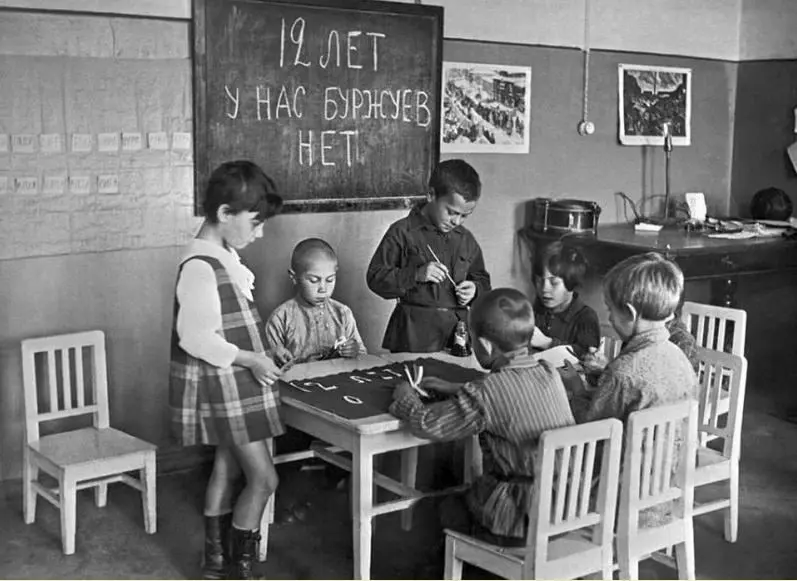
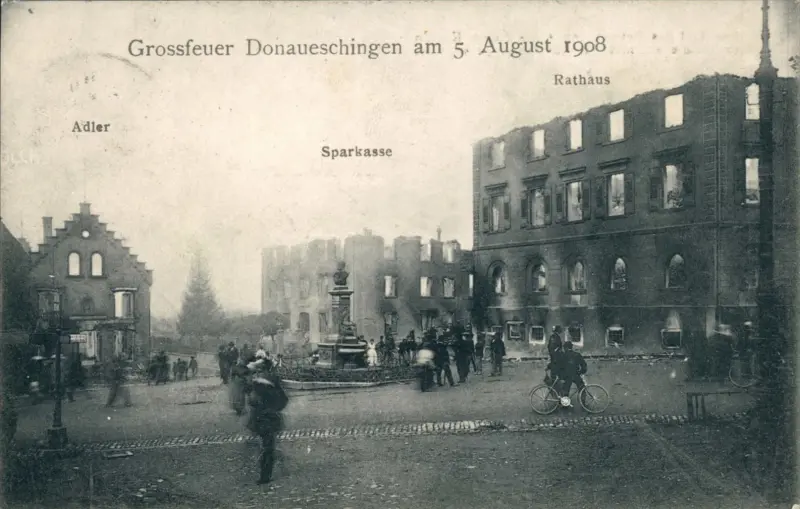
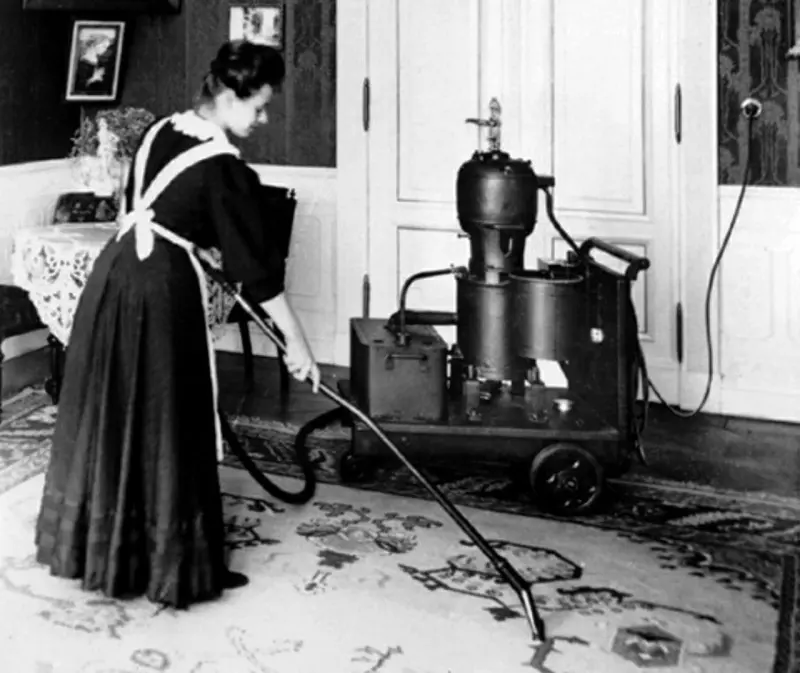
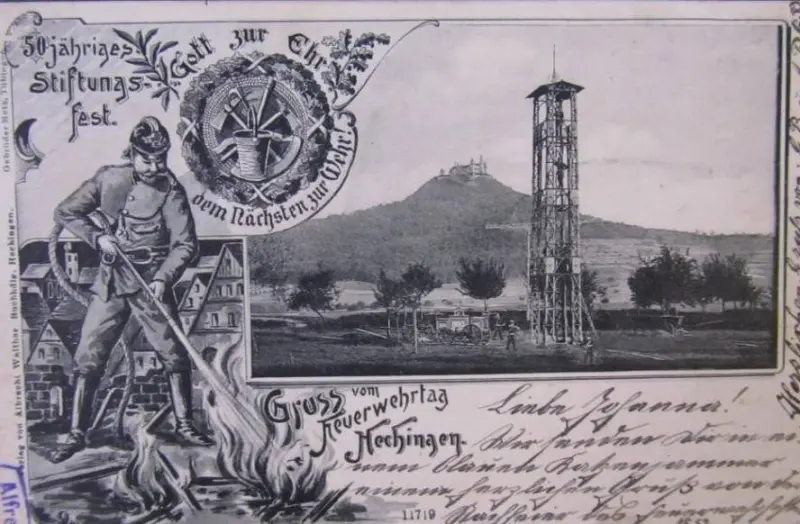
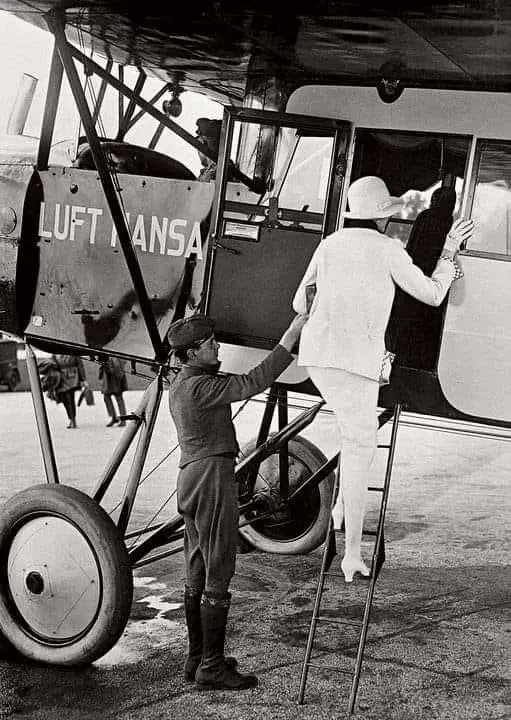
---w800.webp)
No comment yet, be the first to comment...